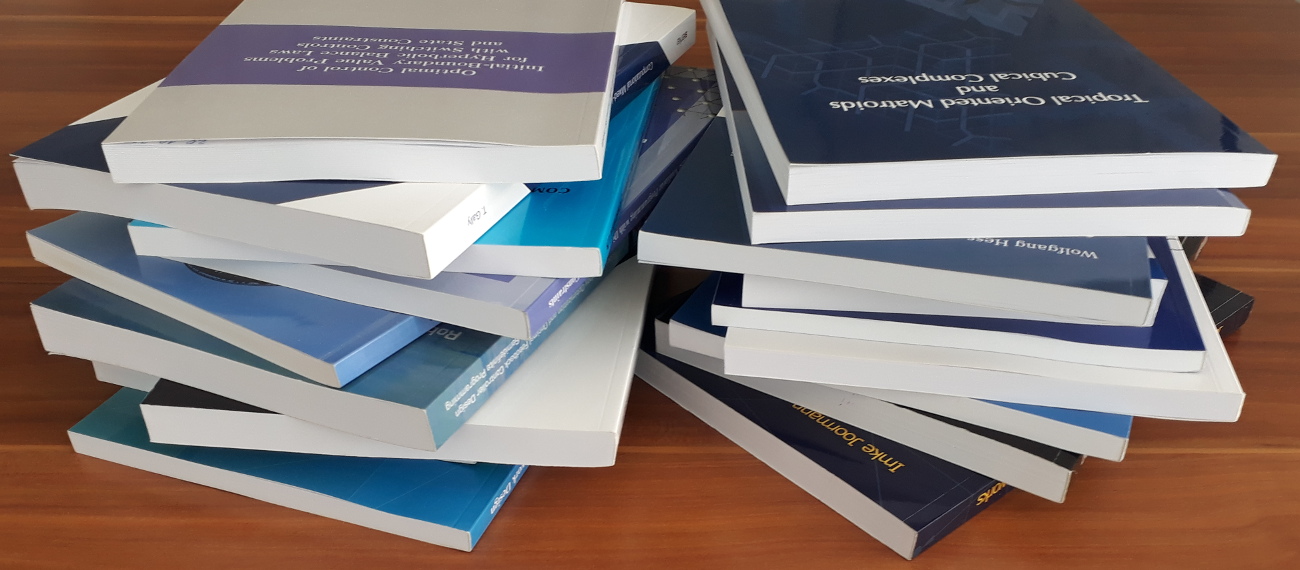Persistence problems for fractional processes
Martin Kilian
In this thesis, we deal with several persistence problems for fractional processes. Persistence concerns the event that a stochastic process has a long excursion staying below or above a certain barrier. A central question in this context is the analysis of the probability of this event -- the so-called persistence probability.
We first consider the persistence probabilities of integrated fractional Brownian motion and fractionally integrated Brownian motion. While it is well-known that these persistence probabilities decay asymptotically polynomially, their polynomial rates are unknown except for the special cases of Brownian motion and integrated Brownian motion. We show that for both processes, the polynomial rate is a continuous function in the Hurst parameter and determine its asymptotic behaviour at the boundaries of the respective parameter domain.
Subsequently, we study persistence probabilities of mixed processes, such as mixed fractional Brownian motion. Precisely, we consider the sum of two self-similar centred Gaussian processes with different self-similarity indices and show that, under non-negativity assumptions of covariance functions and some further minor conditions, the persistence probability of the sum decays asymptotically polynomially with the same polynomial rate as for the single process with the greater self-similarity index. In particular, this determines the polynomial rate of the persistence probability of mixed fractional Brownian motion.
Lastly, we give estimates for the persistence probabilities of further fractional processes of interest, namely the bifractional Brownian motion and the fractional Ornstein-Uhlenbeck process.

